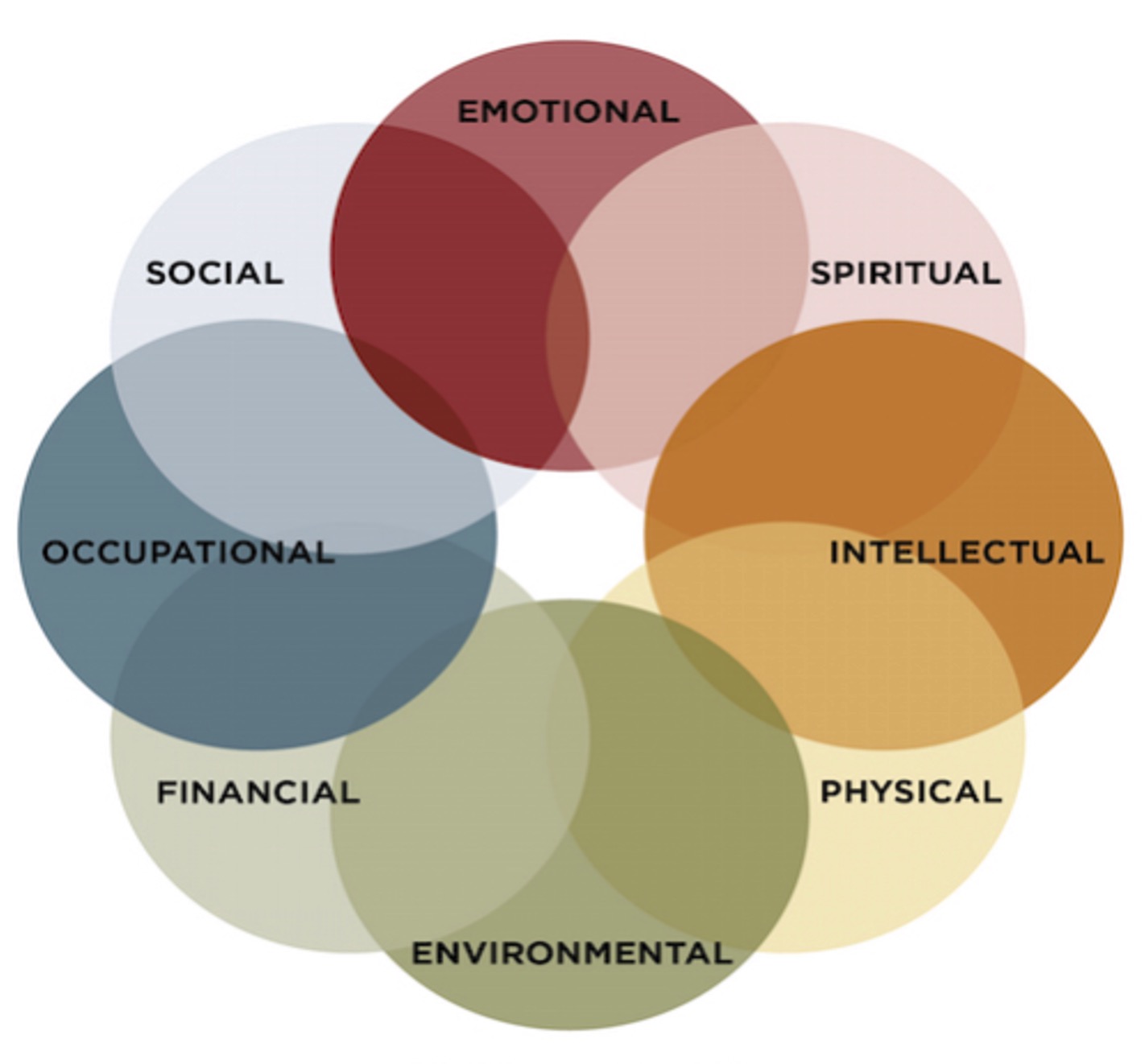At Lee College, we are committed to the mental well-being of our students and recognize that there are many challenges students face. We also recognize that when people feel overwhelmed, they may begin thinking of suicide. Through the federal SAMHSA Campus Suicide Prevention grant, Lee College is able to provide education and resources for suicide prevention.
Suicide Warning Signs
Suicide Prevention Lifeline — 1.800.273.TALK (8255)
Suicide is preventable. These signs may mean someone is at risk for suicide. Risk is greater when a behavior is new or has increased and if it seems related to a painful event, loss, or change.
- Talking about wanting to die or to kill oneself.
- Looking for a way to kill oneself, such as searching online or buying a gun.
- Talking about feeling hopeless or having no reason to live.
- Talking about feeling trapped or in unbearable pain. Talking about being a burden to others,
- Increasing the use of alcohol or drugs.
- Acting anxious or agitated; behaving recklessly.
- Sleeping too little or too much.
- Withdrawing or feeling isolated.
- Showing rage or talking about seeking revenge.
- Displaying extreme mood swings.
Emergency Mental Health Resources
- 24/7 National Suicide Prevention Hotline: (988) or 800.273.8255
988 Suicide & Crisis Lifeline — Call. Text. Chat. (988lifeline.org)
- Crisis Text Line: Text TALK to 741-741 to text with a trained crisis counselor from the Crisis Text Line for free, 24/7
- Veterans Crisis Text Line: Text 838255 Home (veteranscrisisline.net)
- The Trevor Project (LGBTQ+): 866.488.7386 The Trevor Project - Suicide Prevention for LGBTQ+ Young People
Suicide Prevention Support Organizations (National)
American Foundation for Suicide Prevention (AFSP)
National Alliance on Mental Illness (NAMI)
Suicide Prevention | NAMI: National Alliance on Mental Illness
Mental Health America
Mental Health America | Homepage | Mental Health America (mhanational.org)
Suicide Prevention Education
If you would like to learn more about how to help prevent suicide, Lee College offers several education programs for suicide prevention. For more information, contact Sterling LaBoo (Suicide Prevention Grant Director) at slaboo@lee.edu for more information
- Question Persuade Refer (QPR): The 3 simple steps anyone can learn to help save a life from suicide. Just as people trained in CPR help save thousands of lives each year, those trained in QPR learn how to recognize the warning signs of a suicide crisis and how using QPR can help.
- Communicating Proactively: Having conversations around mental health and suicide may seem uncomfortable and challenging due to the stigma surrounding mental health and
Self-Care Education
Self-care is a critical component of mental wellness and success in college. We recognize it may be difficult to find a healthy balance for yourself, so please review the strategies below for engaging in self-care and maintaining your mental wellness.

- Your wellness is comprised of several different factors and it is important to recognize when you are out of balance.
- Do your best to eat healthy meals and get enough sleep.
- Be sure to take time for yourself and do things that you enjoy to help you relax and recharge.
- Stay connected with those who support you (family, friends, spiritual leader, teacher, etc.).
- When you are struggling or feel overwhelmed let someone know; ask for help when you need it.
- Practice self-compassion and recognize that as humans, we all have limits and that is okay.
- Find a balance between taking care of yourself (physically, mentally, emotionally, etc.) and taking care of things that need to be done.

